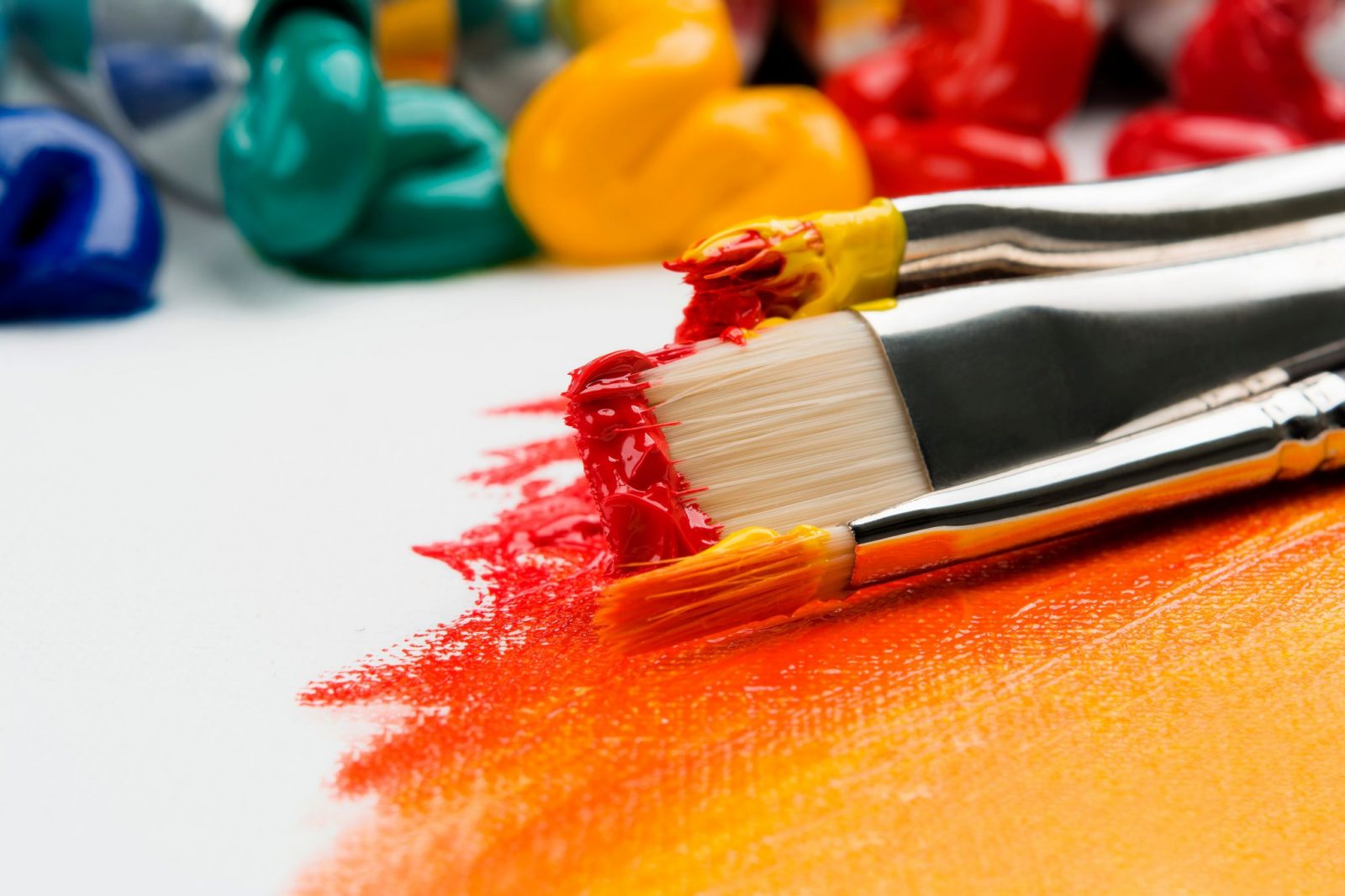Art therapy is now recognised as an evidence-based counselling session. Clients can explore the meaning behind pictures, and art can evoke both unconscious and conscious triggers to understand how things connect in their lives.
Freud said we experience dreams predominantly in visual images but part of the difficulty in giving an account of one’s dream is translating images into words. Tapping into these visual representations can often lead to a better understanding of the client’s mindset and create change.
In 10 out of 15 randomised controlled studies, art therapy was associated with significant positive changes in mental health symptoms relative to the control groups.
Specifically:
- In 6 out of 9 studies examining depression, art therapy resulted in significant reduction in depression
- In 3 out of 4 studies examining mood or affect, art therapy resulted in significant positive improvements to mood
- In all 3 studies examining trauma, art therapy resulted in significant reduction of symptoms of trauma
- In all 3 studies examining distress, art therapy resulted in significant reduction of distress
- In all 4 studies examining quality of life, art therapy resulted in significant improvements to some but not all components of the quality of life measure
- In all 3 studies examining coping, art therapy resulted in significant improvements to coping resources
Osana is now running art therapy on Mondays at Cremorne – come try it out!
References:
- https://www.psychology.org.au/inpsych/2015/june/gray
- https://www.ncbi.nlm.nih.gov/books/NBK279641/
